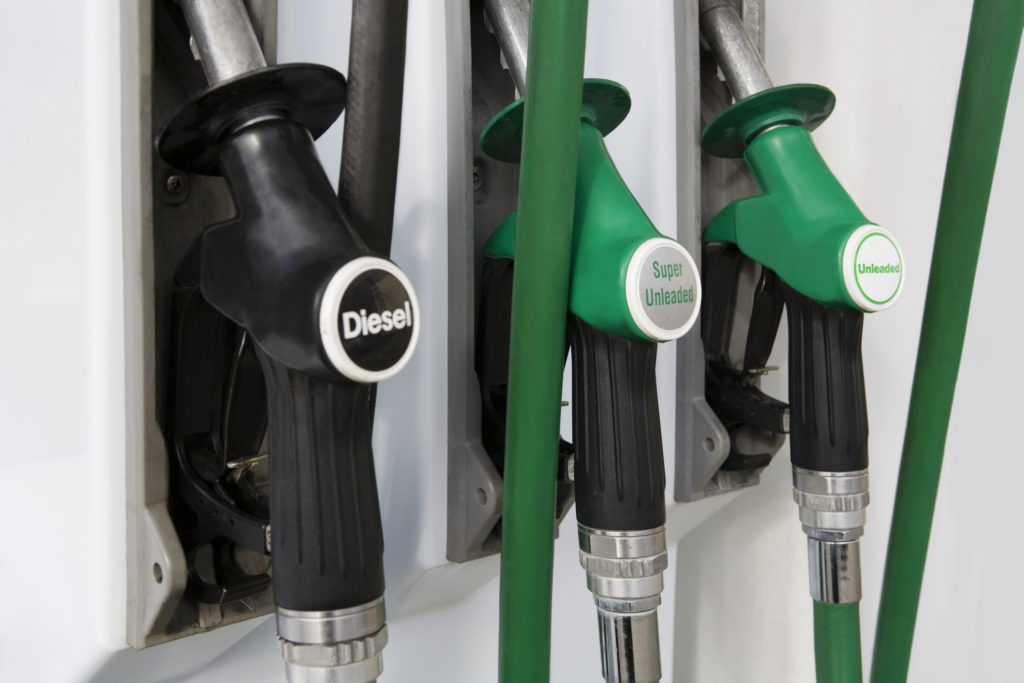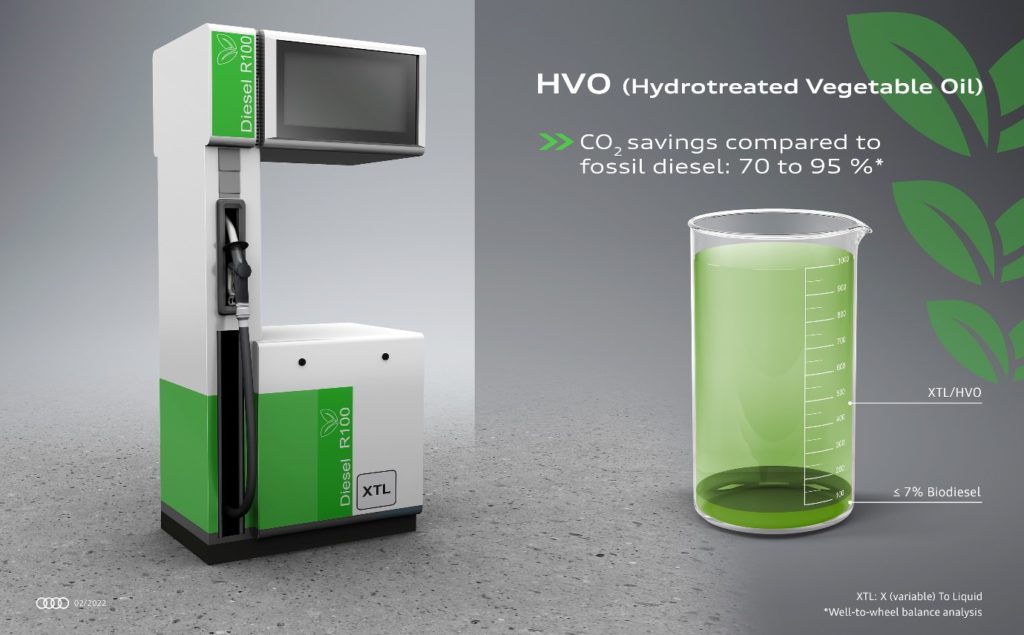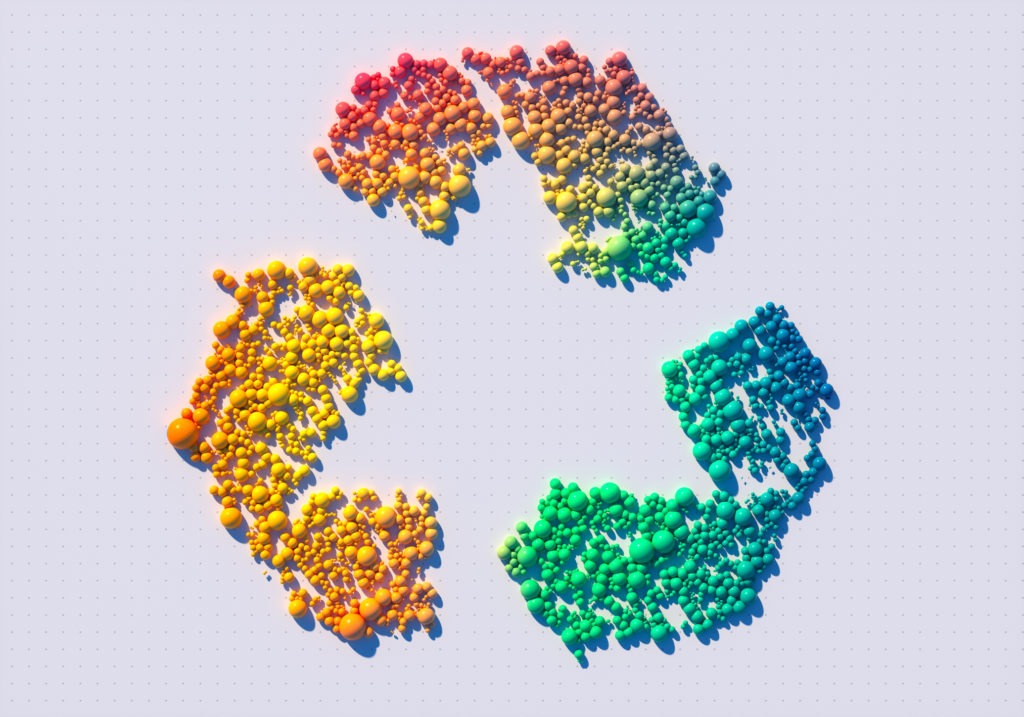Renewable fuels to help prolong the diesel car market?
24 February 2022

Audi is increasing the environmental sustainability of its internal-combustion engine (ICE) cars, especially six-cylinder diesel vehicles, by approving them for use with the renewable hydrotreater vegetable oil (HVO) fuel.
Cars with V6 diesel engines up to, and including, 210kW (286 PS) that are leaving the carmaker’s factories as of the middle of February can be filled up with the HVO fuel in accordance with the European standard EN 15940. The sustainable fuel enables CO2 reductions of between 70%-95% compared to fossil diesel, tAudi states.
In addition, HVO has been approved in Europe for the cars with four-cylinder diesel engines such as Audi A3, Q2, and Q3, which have been built since June 2021.
The German brand is committed to end the development of ICE models, with the last expected to roll off production lines in Europe by 2033. While the diesel car market has collapsed, sales of used diesel vehicles remain relatively high across the continent. Audi’s approval for its latest vehicle engines could see them use HVO for years to come, making such cars more sustainable and a viable alternative to electrically-chargeable vehicles (EVs).
Cleaner combustion
Another advantage of HVO is its significantly higher cetane rating, which means more efficient and cleaner combustion in comparison to conventional diesel.
‘As the cetane rating of HVO is around 30% higher, the combustibility of the engines is enhanced,’ commented Matthias Schober, head of powertrain development for V-TFSI, TDI, and PHEV at Audi. ‘The positive effects of this are particularly noticeable when cold starting cars. We tested the effects on various components, the performance, and exhaust emissions from vehicles in specific validation runs before granting approval.’
The carmaker has prioritised the most popular engine variants to allow the maximum possible number of customers to use the fuel. It is likely these cars will remain on roads across Europe for some time, increasing the benefits of HVO for years to come.
HVO diesel is available at over 600 filling stations in Europe, with most of them located in Scandinavia, where environmental requirements are particularly stringent. In Germany, only a few car-filling stations offer HVO at present, although numbers are increasing. This is because the fuel standard EN 15940 has not yet been incorporated into German fuel-quality regulations, in contrast to almost all other EU countries.
Fuel from cooking oils

Audi has acquired valuable insights into the manufacture of sustainable fuels through various pilot projects. The fluids are being used throughout the Volkswagen (VW) Group, and also offer an important basis for developing concepts for a general sustainable energy system.
Residual and waste materials, such as waste cooking oil from the food industry or residues from agriculture, are used in the production of HVO. By incorporating hydrogen (hydrogenation), the oils are converted into aliphatic hydrocarbons. This modifies the properties of the vegetable oils to make them suitable for use in diesel engines. They can be added to conventional diesel, replacing fossil components, or else used unmixed as 100% pure fuel.
HVO is a biomass-to-liquid (BTL) fuel. In addition to this, there are other manufacturing methods for synthetic diesel fuels, such as gas-to-liquid (GTL) and power-to-liquid (PTL). The latter can be obtained sustainably from renewable electricity, water, and CO2 from the atmosphere.
As a collective noun for these fuels governed by EN 15940, the term X-to-liquid (XTL) is used, with the X standing for the original component. Fuel pumps containing these fuels are indicated using this symbol, while approved Audi cars will have an XTL sticker in the fuel tank cap.



